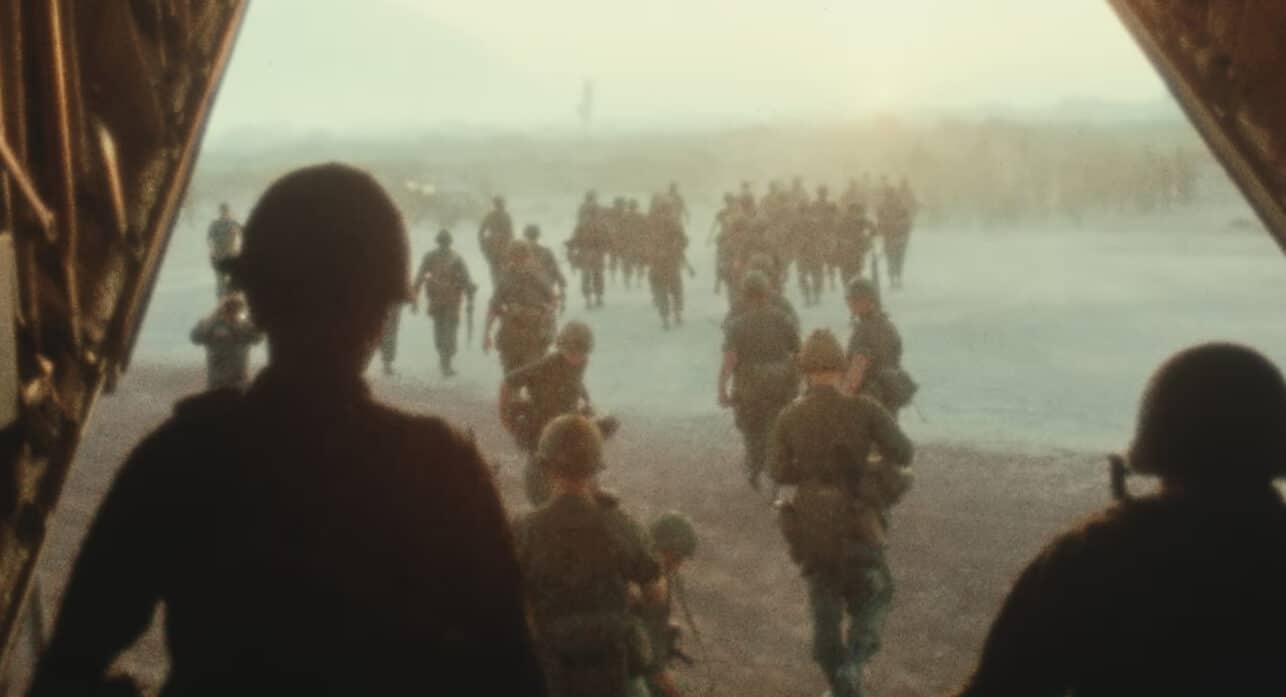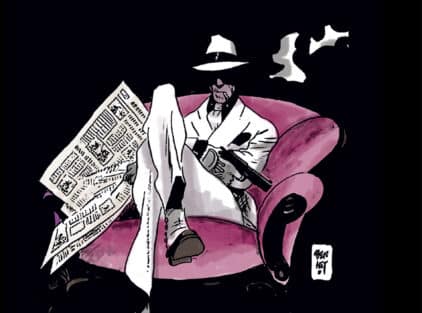by Christos Zabounis
Last weekend I watched the documentary “Vietnam: the war that changed America”, perhaps one of the best productions on the subject (Apple TV). Those who have followed modern U.S. history will know that the ten-year Vietnam War (1965-1975) ended with the withdrawal of American troops and the abandonment of their South Vietnamese allies. It was the first defeat of the Western superpower in the 20th century. The images of Americans irregularly boarding helicopters and planes, as well as their domestic collaborators, still haunt the collective subconscious of Uncle Sam’s country. The aftermath was even more painful, since the veterans of the war who returned were no longer the same. They were poisoned by the bloodshed. Analysis after analysis has attempted over the last half century to explain the failure. One of the most convincing, as presented in the documanaire, is the collapse of the soldiers’ morale after the development of the anti-war movement, mainly in the universities. Also, the top criterion in any war between states is whether you fight for your homeland or not. The Viet Cong fought for the former. The Yankees for the Free World, the world free from communism. The end, on the roof of the American embassy in Saigon, where a handful of marines are waiting for the helicopter to escape, contains more of the following symbolism: The beginning of the end of an empire that wanted to become a monarchy. A slow process, which is still ongoing.
P.S. Association, without political value. The aerial photos of Santorini residents fleeing their island by any means necessary, in anticipation of the impending earthquake, reminded me a little of Saigon.
Photo Courtesy of Apple TV+












